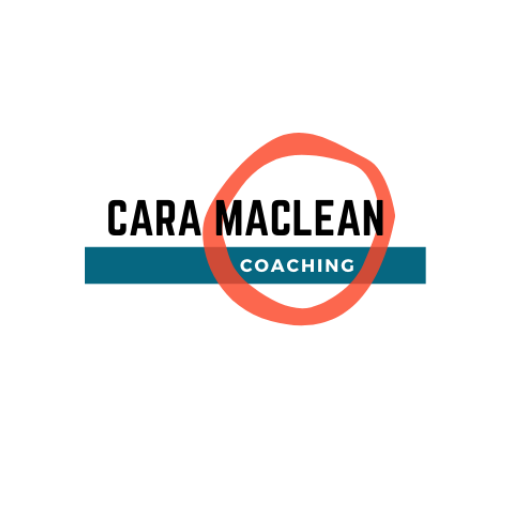I don’t know how I feel about the phrase ‘chasing 2e’. I’ve heard it a number of times now, along with the recommendation to keep finding doctors or practitioners who will diagnose an issue.
When we were seeking medical help to figure out what was going on with our son, I wanted to make sure that whomever we worked with was versed in gifted kids. As the parent, you usually know in your gut when someone’s making the wrong call.
It’s very clear when you’re working with the wrong practitioner.
The first doctor we visited (new to us having moved states), said to stick him in baseball. As if that structure would solve all the issues. (Even though the biggest issues occurred in the times when he was just standing around… which it seems like is all baseball is!) The next expert said he was a “slam dunk” for ADHD diagnosis without even meeting our son, and with what looked like to me very subjective assessment measures.
She had never heard of overexcitabilities of gifted kids.
If I wanted a diagnosis for my son, however, it could have happened quite easily. ADHD and gifted. Done.
Maybe we would’ve received more resources, more attention from schools, I don’t know. But in my heart of hearts, I didn’t believe that ADHD was the issue. And so I pushed for what I believed.
That’s the flipside of pushing for a 2e diagnosis. I trust parents are doing the best for their kids to push for diagnosis if, in their hearts, they know something else is going on and their child really has issues that prevent them from fully functioning in certain situations.
It still makes me nervous, however, but I don’t know why. I guess because it also causes the second guessing: Should we have gone for a diagnosis? Would it have made a difference? Would it even now?
Our child is thriving now, even with some executive function issues.
To me, this seems typically of his age. And things are improving. I guess at the crux of the chasing 2e idea, is that anything that’s not a “perfect” child is considered somehow a diagnosable thing.
I might get pushback for that, but sometimes it’s a fine line. That’s why it’s so hard for parents.
For example, when reading about the autism spectrum in an article, they mentioned thumb sucking in private. When I was a kid, I sucked my thumb until 2nd grade. SECOND GRADE! I can’t fathom that now, and if my child did that I’d be crazy stressed about it.
Am I autistic? No. Was I anxious? Yes.
(Fun fact: I didn’t recognize my anxiety until I began learning more about perfectionism in gifted kids. Parenting really is a voyage of self discovery.)
I understand that when you have many symptoms mixed together, or when they are truly debilitating, we need to seek help.
I wonder though if we could allow for more difference and work with it without things having to be diagnosed. Though I also realize in the US, when you have a diagnosis, you have more resources and sway within school systems and makes therapies more affordable.
It would be great if the ‘label’ wasn’t needed to get kids support.
There’s no right or wrong way of parenting or approaching the issue. What I feel like people need to do is understand the framework they are coming from: What is it that you value as a family? What are you focusing on in terms of what’s best for you child? And how can you be informed enough to make choices that align with your values and needs?
There will still be a million other approaches you could have taken or things you could have done. But what matters is that you are supporting what’s best for the child’s experience in life. That needs to be the bottom line.
Have thoughts on this? I’d love to hear them in the comments.
